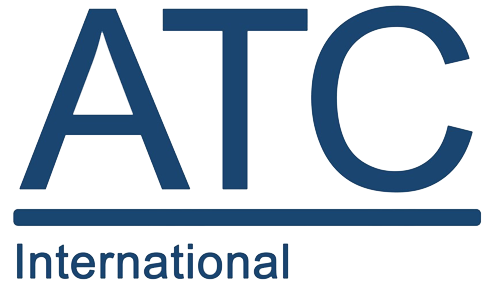ISO 13485
ISO 13485
ISO 13485 is an international standard for quality management systems (QMS) specific to the medical device industry. It outlines requirements for organizations involved in the design, development, production, installation, and servicing of medical devices. Implementing ISO 13485 can offer numerous benefits to organizations in the medical device sector, including:
- Risk Assessment and Management: ISO 27001 requires organizations to identify and evaluate information security risks, then implement measures to manage or mitigate those risks effectively.
- Information Security Policy: Organizations must establish a robust information security policy that sets the direction for their ISMS and reflects their commitment to safeguarding information assets.
- Security Objectives and Targets: The standard mandates the creation of specific, measurable security objectives. These objectives align with the organization’s broader goals, guiding their efforts to maintain and enhance information security.
- Security Controls: ISO 27001 outlines a comprehensive set of security controls across 14 categories, covering everything from access control and cryptography to physical security and incident management.
- Documentation and Records: Proper documentation is essential under information security management system. Organizations must maintain detailed records of their ISMS, including policies, procedures, risk assessments, and security incidents.
- Continuous Monitoring and Measurement: Regular monitoring and assessment of information security performance help organizations identify vulnerabilities and ensure their ISMS remains effective.
- Incident Management: Iinformation security management system emphasizes the need for established procedures to manage information security incidents. These procedures help minimize the impact of breaches and support swift recovery.
- Training and Awareness: Thestandard requires organizations to provide ongoing training and awareness programs to ensure that employees and relevant stakeholders understand their roles in maintaining information security.
- Legal and Regulatory Compliance: ISO 27001 ensures that organizations comply with applicable laws and regulations related to information security, privacy, and data protection.
- Internal Auditing: Periodic internal audits are crucial for assessing the effectiveness of the ISMS and identifying areas for improvement.
- Management Review: Top management is responsible for reviewing the ISMS to ensure its continued suitability, adequacy, and effectiveness.
- Commitment to Continual Improvement: ISMS is based on the principle of continual improvement, requiring organizations to enhance their security measures in response to evolving threats and vulnerabilities.
It’s important to note that while ISO 13485 offers these potential benefits, the actual outcomes depend on how well the standard is implemented and integrated into an organization’s processes and culture. Achieving and maintaining ISO 13485 certification requires commitment, resources, and ongoing diligence in quality management.
The integration of ISO 13485 along with ISO 9001 in organizations is optimal.It can help to the organizations to determin risks and opportunities associated with the organizational strategic goals.. The organization should also take action to enhance organizational data management.
- ATC International is based in the United Kingdom and provides international certification across the world.





